[Fonte: Nature] Researchers are using the gene-editing tool to boost the fruit’s defences and prevent the extinction of a major commercial variety.
The race to engineer the next-generation banana is on. The Colombian government confirmed last month that a banana-killing fungus has invaded the Americas — the source of much of the world’s banana supply. The invasion has given new urgency to efforts to create fruit that can withstand the scourge.
Scientists are using a mix of approaches to save the banana. A team in Australia has inserted a gene from wild bananas into the top commercial variety — known as the Cavendish — and are currently testing these modified bananas in field trials. Researchers are also turning to the powerful, precise gene-editing tool CRISPR to boost the Cavendish’s resilience against the fungus, known as Fusarium wilt tropical race 4 (TR4).
Breeding TR4 resistance into the Cavendish using conventional methods isn’t possible because the variety is sterile and propagated by cloning. So the only way to save the Cavendish may be to tweak its genome, says Randy Ploetz, a plant pathologist at the University of Florida in Homestead. The variety accounts for 99% of global banana shipments.
James Dale, a biotechnologist at Queensland University of Technology in Brisbane, Australia, started getting enquiries about his genetically modified (GM) bananas in July, as the first rumours surfaced that TR4 had reached Colombia. “Then Colombia declared a national emergency,” Dale says, “and now the amount of interest is through the roof.”
An appealing alternative
This isn’t the first time that a commercial banana variety has faced extinction. In the first half of the 1900s, another strain of the Fusarium fungus called TR1 nearly wiped out the era’s top banana, the Gros Michel. But farmers had a backup in the Cavendish, which was resistant to TR1, tough enough to withstand handling during export and had a broadly acceptable texture and taste. By the 1960s, big banana growers such as Chiquita, now based in Fort Lauderdale, Florida, were switching to the Cavendish.
There’s no easy alternative this time. Rodomiro Ortiz, a plant geneticist at the Swedish University of Agricultural Sciences in Alnarp, says that no naturally occurring banana species has the qualities that have made the Cavendish so popular and the ability to resist TR4.
And the fungus is a tough opponent. It can’t be killed with fungicides, and it can linger in soil for up to 30 years. That has helped TR4 slowly spread around the world, probably by hitching rides on contaminated equipment or in soil. The strain began destroying banana crops in the 1990s in Asia before invading Australia and countries in the Middle East and Africa. Now TR4 is in the Americas, and researchers say that the Cavendish could become virtually extinct in the next several decades unless they can modify it to resist the fungus.
Dale’s team has focused on altering Cavendish plants by inserting a gene from the wild banana Musa acuminate malaccensis that confers resistance to TR4. After publishing promising results1 in 2017 from a small field trial, he began a larger study 15 months ago. Dale and his colleagues have planted transgenic Cavendish on half a hectare of land infested with TR4 in northern Australia. The transgenic bananas are doing well, Dale says, while about a third of the regular bananas that he planted for comparison are infected with the fungus.
He plans to apply to Australian regulators for approval to market a transgenic Cavendish banana after the study ends in 2021. But it’s impossible to predict whether officials will give the go-ahead, or how long approval might take.
Even if Dale’s transgenic banana wins approval, selling them could be a problem. GM crops have long faced public pushback around the world, especially in Europe. “James has excellent bananas that seem almost immune to TR4,” says Ploetz. “But whether consumers will buy these is another issue entirely.”
Going bananas with CRISPR
In an attempt to make biotech bananas more palatable to regulators, Dale is also editing the Cavendish’s genome with CRISPR to boost its resilience to TR4, instead of inserting foreign genes. Specifically, he’s trying to turn on a dormant gene in the Cavendish that confers resistance to TR4 — the same gene that he identified in M. acuminate. But the work is still in its early stages. “It’ll be a couple of years before these get into the field for trials,” Dale says.
Other researchers are using CRISPR to boost the Cavendish’s defences in different ways. Leena Tripathi, a molecular biologist at the International Institute of Tropical Agriculture in Nairobi, Kenya, is using the gene-editing tool to suppress Cavendish genes that seem to render the plant vulnerable to TR4. So far, she has only edited Cavendish tissue in the lab. The next step will be to grow the tissue into saplings, and then see whether the plants survive exposure to TR4. Researchers in the Philippines have offered to help test Tripathi’s edited Cavendish in their country; TR4 is present there, but not in Kenya.
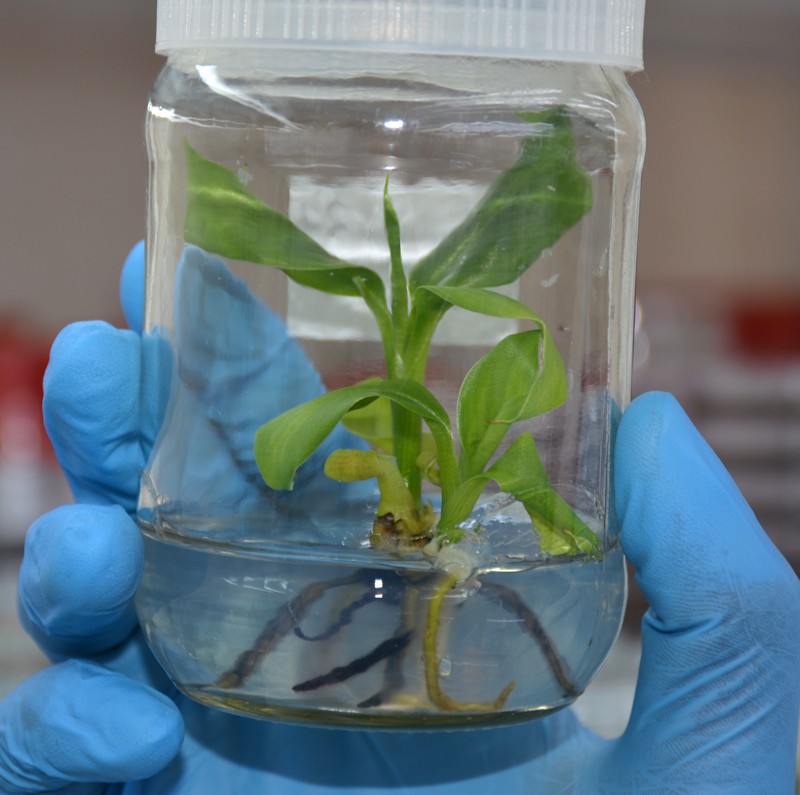
And a biotech start-up, Tropic Biosciences in Norwich, UK, is trying to use CRISPR to boost the Cavendish’s immune system. All plants produce small strands of RNA that control the activity of some of their own genes. And recent studies2 suggest that some of these RNA strands can sometimes suppress genes in pathogens, crippling the invaders. The biotech company is using CRISPR to edit RNA strands in the Cavendish so that they silence genes in TR4.
But it’s not clear how regulators around the world will greet gene-edited bananas. In 2016, the US Department of Agriculture decided not to regulate a mushroom whose genome was edited using CRISPR, suggesting they might treat edited bananas in a similar manner. And the governments of Colombia, Chile, Brazil, Japan and Israel have released official statements indicating that they might also be lenient on CRISPR-edited crops. The European Union, however, has said it will evaluate gene-edited crops as strictly as it does other GM foods.
Ortiz supports researchers’ engineering efforts, but he cautions against focusing solely on a biotechnology solution to the creeping banana scourge. There are more than a thousand other types of bananas aside from the Cavendish, he says. They don’t produce yields as large as those of the Cavendish, ship as well, or taste the same, but Ortiz says that commercial banana companies could try creating a market for these alternate varieties.
“We should tap into the diversity available,” he says, “and have a marketing campaign that says you can enjoy the banana in other ways.”doi: 10.1038/d41586-019-02770-7
References
- 1.Paul, J. Y. et al. Plant Biotechnol. J. 9, 1141–1148 (2011).
- 2.Huang, C. Y. et al. Cell Host Microbe 26, 173-182 (2019).



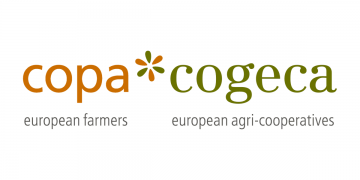
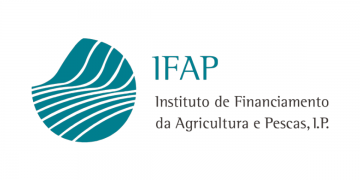
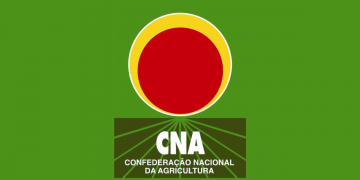
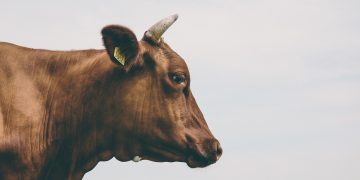











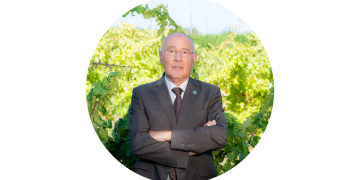



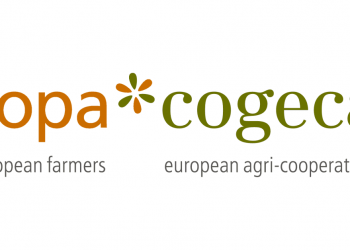
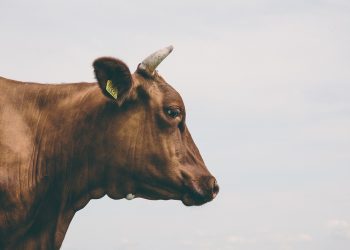























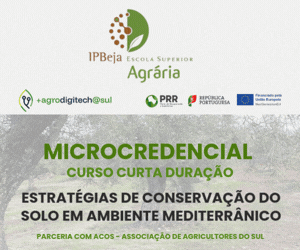








Discussão sobre este post